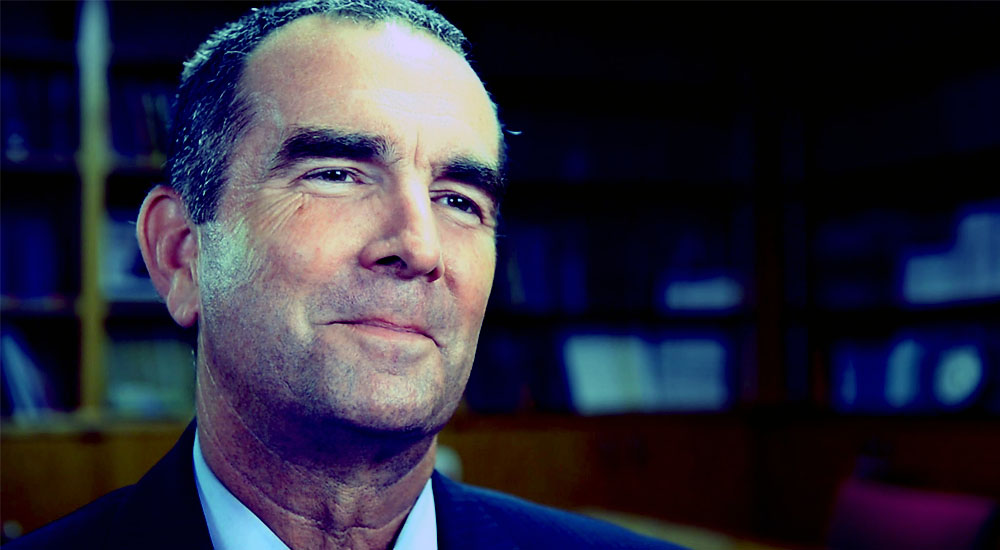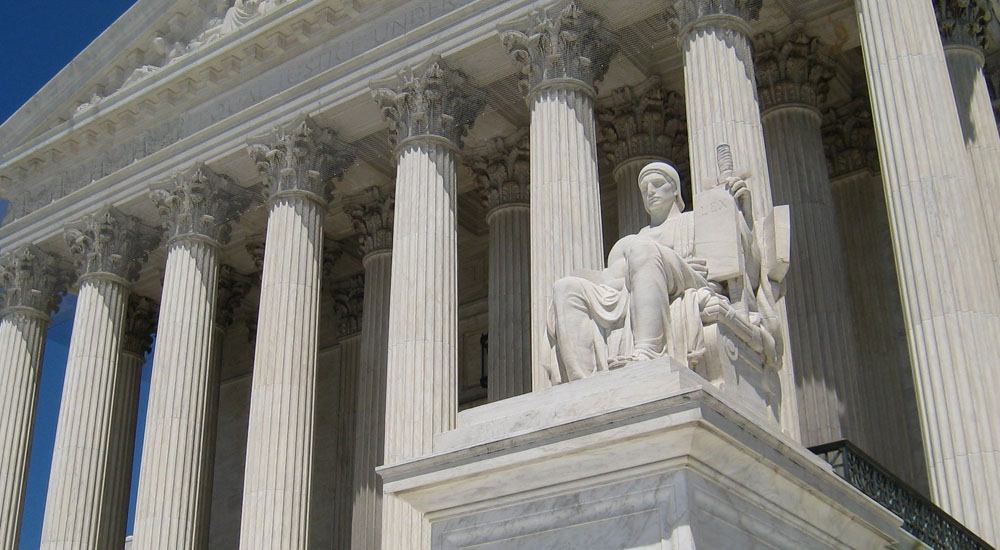Victory heals a thousand wounds, so hope the brahmins of the bozart.
Adding to the tally of Virginia print publications who have made their endorsements known:
Bristol Herald-Courier: (n/a)
Culpeper Star-Exponent:
Danville Register & Bee:
Richmond Times-Dispatch: Gillespie
Fredericksburg Free Lance-Star:
Charlottesville Daily Progress:
Norfolk Virginian-Pilot:
Hampton Roads Daily Press:
Manassas InsideNOVA: Gillespie
Washington Post: Northam
Bluefield Daily Telegraph: Gillespie
Roanoke Times:
Winchester Star: Gillespie
One really struggles with the Washington Post nowadays. The shift towards Amazon’s Jeff Bezos — one might have thought — would have lent the institution a more libertarian and market oriented bend.
Yet the ghost of Woodward and the Watergate era seems to haunt the hallways. Everyone is looking for a scoop, it seems. Opinion cloaked as journalism seems to shrowd some of the otherwise excellent writers at the Washington Post.
If there is a case in point as to why “fake news” and alternative media outlets have grown over the course of time, it is the implicit and inherent bias organizations such as the Washington Post have introduced into the American political discourse.
Lack of civility — or lack of objectivity — starts and stops with institutions who claim to be beacons of both yet trade upon them for influence and power.
Consumers of this information who know they are being taken for a ride begin to substitute the common public square of information with authentic alternatives… and in a postmodern culture, authentic tends to be shorthand for “people who think like me.”
Cass Sunstein wrote about this phenomenon in his first edition of Republic.com, which has seen a series of revisions and improvements over time. Yet the general thrust remains. A lack of trust in our institutions (generated by the all-too-human tendency to bend these institutions towards the arc of justice, so called) drives the American public towards street dealers that confirm their own biases. This proliferation of opinion-driven media only forces legacy institutions to sell out, whittling down their integrity and moral center towards a base audience seeking its own confirmation bias.
What eventually happens? Institutions such as the Washington Post begin believing the virtues of both while ignoring the vices latent in the sellout — they believe they are both an institution protecting the Fourth Estate while simultaneously believing that the insipid and infectious lean towards the political left is the center worth defending.
The vices? Not only do such institutions begin getting high on their own supply of news and misinformation, but the opposition — in an effort to build a simulacrum of what they believe works for the political left — begins building parallel institutions. Fox News, talk radio, and digital media proliferate.
Lack of civility — or lack of objectivity — starts and stops with institutions who claim to be beacons of both yet trade upon them for influence and power.
Efforts to protect information behind paywalls only worsen the effect. Digital media discovers that it is quite easy to disseminate facts and narratives of their own. Those outside of the paywalls (you know, where democracy dies) lean on those who can straddle such fences for information. In short, news curation becomes the news.
The left has already discovered this, hence part of the reason why comedy hosts tend to do the curation for them, blending wit with a fraction of the facts with the result being the high water mark of confirmation bias — a middle school reliance of a quick turn in order to switch off one’s ability to empathize with the other. Conservatives do likewise through a series of memes and arguments designed to paint the political left as takers rather than makers, zombies vs. the survivalist, small business owners vs. the mob.
This all starts and stops with the print media itself. The refusal to incorporate all sides, the refusal to adapt to digital media, the refusal to admit that there is a world beyond the academic elite — all of these things stir a resentment among the working and middle class who becomes tired of hearing about their racism, their backwardness, and how their economies and way of life are eviscerating the planet.
…and that’s how you get Trump.
Charlie Sykes writing in The New York Times opined in May 2017 that the one thing keeping the Republican Party together in a post-Trump era was not the firm basis of ideas, but rather the firm belief among the center and the right that at all costs, the Democrats must not return to power. Sykes bemoans the condition of a Republican Party whose formerly-conservative base was relentlessly focused on ideas and solutions rather than memes and one-liners, yet even among those on the right critical of the president, there seems to be an implicit horror among the left when they discover that conservatives hold the identity politics of the left in co-equal contempt.
Gillespie’s campaign may not have the middle class energy of a Reagan Revolution or the working class anger of a Trump resurgency, but it does have that one quality that marks every successful tax revolt — Ed Gillespie simply isn’t Ralph Northam.
Northam’s reliance on radical and vengeful progressive policies scare independents and conservatives alike. Populists too see the dangers of a return to power of progressives hungry to finish the job Herring and McAuliffe began, and while liberals within the Democratic Party find themselves on the business end of progressive intolerance, it is beyond clear to any casual observer that whatever center one might think is keeping Virginia Democrats together will not hold; can not hold.
The Washington Post’s myopia on this singular fact is a mundane and boring case of hoping against hope. Victory heals a thousand wounds, so hope the brahmins of the bozart.
Should it be failure, and should a Republican sweep be in the offing in November, the blame will be manifestly spread among Virginia Democrats who have the ability to whip up fears and anger yet lack entirely on ideas — something the Washington Post itself notes on such issues as education, yet ignores in the trade of reputation for influence and power.







